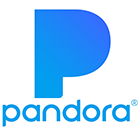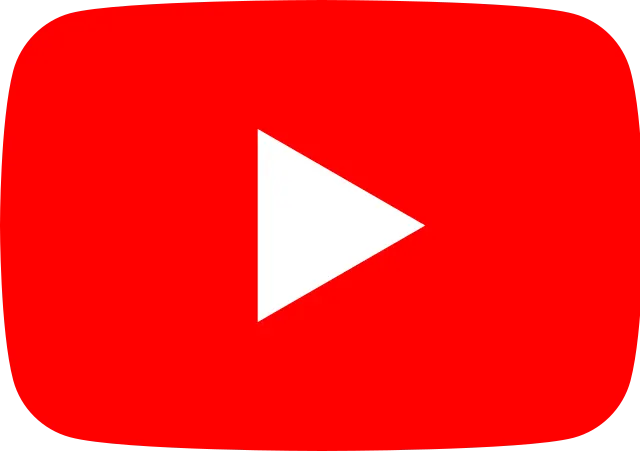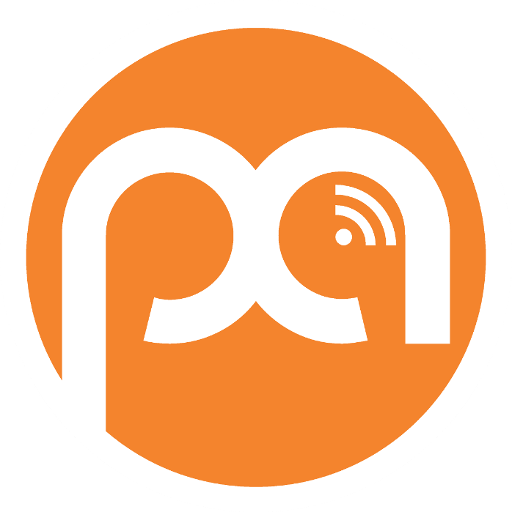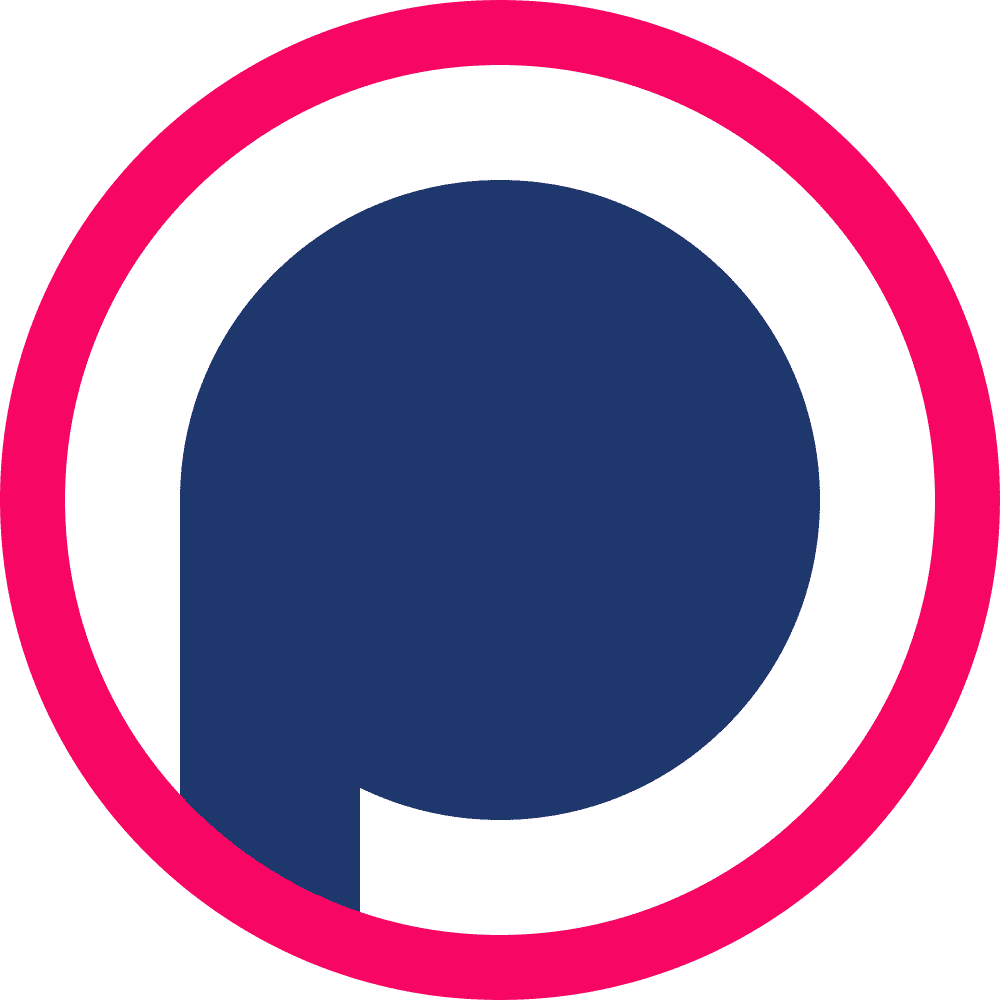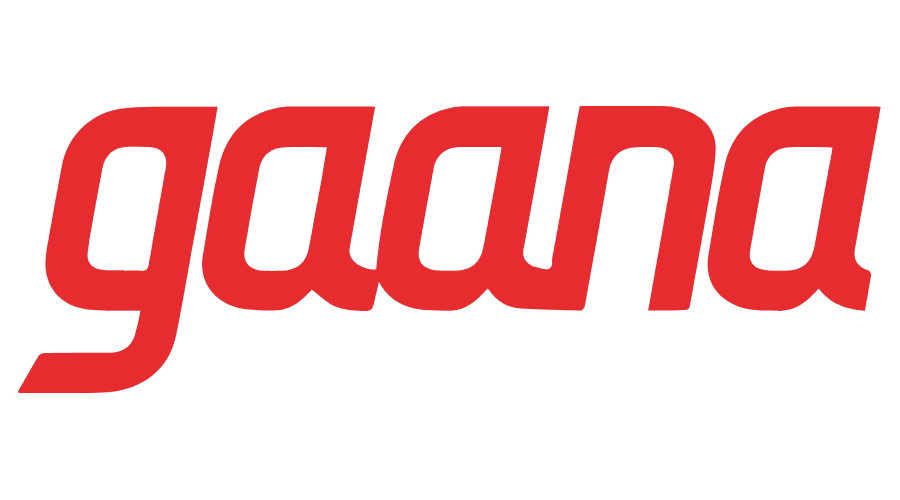Creating Memorable Customer Experiences
with Vance Morris
The Business Simplicity Podcast hosted by Chris Parker
Episode #225 published on 11 September 2025
This episode explores how customer experiences can be transformed from ordinary to extraordinary. Chris Parker is joined by Vance Morris, a former Disney executive turned business advisor, who shares how the principles behind Disney’s magic can be applied to any business context. The conversation is lively, practical, and full of insights that leaders can implement immediately.
Vance Morris began his career as a security guard at a birth control manufacturing facility before moving into leadership roles at Disney, where he helped open and run resort operations. He later built his own businesses in home services, applying Disney’s disciplined systems and signature customer experience to industries that few would call glamorous. Today he coaches and trains companies to craft unforgettable customer journeys.
Listeners will walk away with concrete tools to create memorable experiences, from scripting everyday interactions to using thoughtful gestures that spark loyalty and delight. Vance makes clear that the companies who stand out are those that pay attention to the details most overlook. This matters now more than ever as leaders seek ways to differentiate in markets defined by choice and commoditization.
For executives navigating complexity, the episode is a reminder that clarity, rhythm, and intentional design in how people experience your business can accelerate growth and deepen trust. These lessons align with the need for organizations to simplify, systematize, and build confidence in every interaction, ensuring that strategy comes alive in practice.
Vance Morris is a former Disney executive with experience opening and operating world-class resorts. After leaving corporate hospitality roles at institutions such as the Smithsonian and the Kennedy Center, he built multiple home service businesses and turned them into laboratories for customer experience design. He now coaches entrepreneurs and executives through consulting, speaking, and immersive training programs, often taking groups behind the scenes at Disney to see how world-class systems create magic. He was invited onto the show for his expertise in turning complex operations into memorable experiences that drive loyalty and growth.
Contact Details
- Website: https://vancemorris.com
- Linkedin: https://www.linkedin.com/in/vancemorris/
- 52 Ways to Create Wow Experiences: https://wow52ways.com
Key Discussion Points
- How do you stand out in a crowded market?: By creating memorable and differentiated experiences that reflect who you are, not just what you sell.
- What did Disney teach about systems?: That freedom for employees comes from simple, clear systems that define what to do, how to do it, and why it matters.
- How can a mundane service become magical?: By scripting customer touchpoints, adding surprise elements, and building reciprocity through thoughtful gestures.
- What role does customer selection play in experience design?: Defining who you serve and who you do not is essential to building loyalty and avoiding wasted effort.
- Why does handwriting a thank you note still work?: Because authentic human touches cut through digital noise and show genuine care.
- What happens when companies try to copy-paste experiences across cultures?: Success requires adapting the essence of the experience to the local context, not just the format.
- Why are small practices like “plusing” powerful?: Continuous incremental improvements compound into distinctive customer journeys.
Transcript
Chris Parker: Hello, this is Chris Parker with the Business Simplicity podcast and I had a conversation with Vance Morris who was a security guard at a birth control manufacturing facility and early in his career and then spent time as a Disney executive, creating magical experiences and setting up some of the the amenities at some of their parks and then applied a lot of that to other industries carpet cleaning. and we just had a lot of fun, getting into the magic and the mix and the methods to make memorable experiences.
So, Vance, why would this be really valuable for someone to listen to it?
Sure thing, Chris.
I think one of the big things is that we dropped some really practical nuggets on that you can implement really right away.
I mean, it’s something you can just take that nugget this afternoon and come up with an idea and implement it and then see some results.
Welcome to the Business Simplicity podcast where Chris Parker explores how leaders cut through complexity to accelerate strategy, execution, and growth with calm, clarity, and confidence.
Chris Parker: Welcome back to the Business Simplicity podcast.
This is Chris Parker, and I’m having Vance Morris on for a conversation.
And I’m very, very curious to learn from Vance about some of his stories.
He is previously a Disney executive.
I’m sure we’ll get into that.
And he also apparently started his earlier career as a security guard at a birth control facility if I reme read that correctly in one of the emails as well as a number of other steps.
And now he’s doing coaching and advising for companies that are wowing customers with, improved customer experience.
And those that have listened know that customer experience is close to my heart and perhaps even closer is Disney.
So the fact that I have a a Disney exec previously Disney exec on here outstanding.
Thank you so much for joining.
So maybe Vance can you connect some of those dots tell the story of security card to Disney to entrepreneur to coach and trainer.
I think it’s been a an amazing story.
Can you can you connect some of those dots and then we’ll dive into customer experience?
Vance Morris: Certainly, and I appreciate you having me on, Chris.
Thank you so much. yeah, I probably will be the only birth control factory security guard you run into all day today.
So, I’d to consider that a little bit unique. and and I bring that up really as you need to be memorable. and I think that’s really one of the big lessons from Disney and from a lot of the marketing that I do is that take something from your background that is memorable.
If I just said I was a coach or consultant, then okay, you just lump me in with 10,000 others. but I use that to kind of break the ice and say, “Okay, well, this guy might be interesting because who wants to admit to being a security guard at a birth control factory?” which I did for two summers during college.
So, buddy of mine and I worked in New Jersey for a birth control factory. who knew you needed security there?
But anyway, after after school is when I started my Disney career.
So, I think that really, was great because that set the basis and the foundation for everything that I’d be doing moving forward. and one of the big lessons that I learned at Disney, aside from swooping down and picking up pieces of trash really quickly or being nice and doing autographs and those things is that Disney runs on processes and systems.
That was my first big lesson.
And I look back on it and this was 1990, so internet hadn’t really come around yet.
Nobody, not everybody had a computer on their desk and we certainly didn’t have a handheld device.
And during the opening of the Yacht and Beach Club resort, I was on the opening team.
My boss walked me into this training room and there’s just mountains and mountains of 3-in binders.
I’m “What is all this?” He goes, “Well, these are all of the SOPs and OJTs on how to open and operate a Disney resort.” And I was just floored that there was that much detail in their systems and processes and leaving nothing to chance.
So I took that lesson and continued that throughout my career.
I am living proof that people do survive after leaving Disney. we don’t just curl up in a ball somewhere and or get institutionalized.
We’re we can be a functioning member of society after we leave the company.
I spent about eight or so years in corporate hospitality. so I was with the Smithsonian Museum System for a while.
I was director at Kennedy Center for Performing Arts. so a couple of big corporate museum style experiences. along the way, I started to feel that I make a lousy employee. because I don’t to be told what to do. and I I know we alluded before we started recording that probably is the reason that I have two ex-wives.
So, I mean, we can always ask them some other time, but yeah, I just don’t to be told what to do.
So, I started my own business. and I was looking at starting a restaurant. and quickly realized that I do not have the capital to start a restaurant.
Most concepts I was looking at were requiring, a million dollars liquid cash and I just didn’t have that laying around.
So, next with went with the next best thing, which was starting a carpet cleaning business, which I’m sure is what every small boy dreams of doing when they’re the obvious alternative from high-end themed restaurant to carpet cleaning.
Okay.
I mean, I barely vacuumed at the point.
So, but the franchise I was looking at, system I was looking at was as top quality.
I could look any customer in the eye and say every single one of our products works as advertised.
And I figured I would take their product and my experience and marketing knowledge and set out at the beginning creating a premium level service because I don’t know about Amsterdam, but I can tell you here in the States we have telephone polls with phone numbers stapled to them about people who will clean your carpet for $49 or something silly.
So, we were the complete opposite of that. really focusing on an affluent market. and we grew that focusing just on that. people started to ask me, “Geez, Vance, you don’t look you’re working too hard. how are you doing this?” so that kind of birthed the coaching and consulting and advising business. and if you fast forward to today, I still own the home service business.
We actually added two.
I have an oriental rug washing facility and a mold remediation company.
Put a general manager in place and said just run the systems.
I got marketing systems, operation systems, marketing systems.
Don’t screw at anything.
Just manage the systems. and so I spend about 90 minutes a week on those businesses. now. most of that time spent with the general manager reviewing operations and things that and his ideas for improvement. cuz I didn’t want it to just be mine because if it’s going to move along without me, well, it’s got to be able to grow. so I So every week we meet and he says, “Well, why don’t we try this or why don’t we try that?” And once we’ve talked it through, then great, have at it. on the consulting side, one of the fun things I get to do is actually take business owners to Disney, for three and 4 day full immersion boot camps. really seeing how Disney makes the sausage, so to speak.
I have some private clients and I have group coaching.
So, got a number of irons in the fire, but once you put systems and processes in place, you really, it’s just managing those things. and to me, systems generates freedom.
And for me, that’s freedom to come and go from a my business as I please and it’ll still run without me to freedom to choose the clients I work with cuz not everybody’s going to make a great client.
So, that’s my story in a nutshell.
And in a nutshell, it seems fascinating and I’m in love because you’re getting paid to go to Disneyland. okay, that’s a that’s a dream. let me grab on to a few points of that.
So when you first started with Disney at the at the yacht and beach club, you were surprised at the discipline and the documentation, the SOPs, launched that you did other things at Disney as well.
And then is that you applied that to say let’s say more mundane services and activities carpet cleaning.
What are a few things that you literally took from Disney that would be not expected?
So kind of some unexpected things that you applied to let’s just play with carpet cleaning that made a significant difference that how did the Disney or your previous experience maybe if not Disney because you you’ve done other things frame your need for discipline and documentation as well as unique memorable experiences and then you deployed that in carpet cleaning of all things can you what was the mental strategic process that you went through?
Vance Morris: Sure.
Well, some of the things that I I don’t want to say I stole them from Disney because then the Disney attorneys are going to come after me, but appropriated the first one was really about the systems and keeping them simple.
So, and I saw the freedom that those systems gave the employees.
So, they actually, learning to work in a restaurant or valet or what have you, they had their system in the 3-in binder and they learned it and they, repeated it, and most importantly, they practiced it before going out live. and I think that’s key there is that you need to practice your thing before you put it out to the public.
I mean, you wouldn’t start a Broadway show without rehearsals and just throw everybody on stage the first night.
You have rehearsal. but the systems that we use were extremely simple.
And if you think about who’s working at Disney, it’s a lot of minimum wage earn younger employees.
And if they had difficult systems, well, the whole thing would fall apart.
So Disney runs on three words. what to do, how to do it, and most importantly, why do we do it that way?
And I’ve taken that framework everywhere I’ve gone and we have a what, how, why for everything that we do.
It doesn’t matter whether it’s a marketing system or something in operations.
We have what we do.
Let’s say it’s answer the telephone. and then we have how do we do it? so we, Disney has figured out how to create experiences out of all the boring, mundane things we do day in and day out. so they’ll tell you, all right, here’s how you answer the phone.
The most important of it, especially if you want strong employee engagement, which most companies do, is the why.
Why do we answer the phone this way?
And it could be for any number of reasons, to be open and welcoming to the guests so that they start their vacation on the right foot. to separate us from everybody else out there if we have a unique way of answering the telephone.
I actually used this with a insurance company. he was a franchise, he was an all-state guy. so there were probably five or six other Allstate guys in his town and probably another 30 or 40 insurance agents and he was having a tough time breaking out.
I mean, it’s a commodity business.
I mean, the dentist is a dentist is a dentist.
There’s only so many ways you can clean teeth, so insurance is highly commoditized.
He’s I got to break out of this.
So, we’re sitting down in his office doing a brainstorming session and I’m looking around and he’s the rock and roll guy.
He’s got posters of the Who and Led Zeppelin and autograph guitars and gold records all over his office.
And I’m thinking, “Dude, you’re the rock and roll insurance agent.” And he he was, “Yeah, I’ve been thinking about that, but it doesn’t sound too professional.” I’m “Don’t worry about it. it’s it’s it’s going to be different.” and his receptionist, I’ll never forget the receptionist latched on to that and said, “Well, why don’t we answer the phone this way, because normally you’ll get, thank you for calling Dave’s All State.
How may I help you?” We’ve all heard the phone answered that way.
Well, she suggested, and it’ll sound a little corny, but she suggested, “Thank you for calling Dave’s All State, the agency that rocks.” Now, right, it is a little corny to say it and the first 15 times fine, but answering the phone that way does a bunch of things.
One, it sifts, sorts, and screens out anybody that would be a bad customer for them cuz they’re “What?
What?
What’s this?” but the people that are attracted to that are going to make fantastic customers and he’s, trust me, he’s busy. and it separates him from everybody else.
That was his separating factor that made him not look the rest of the insurance agents in St.
Louis. so I think Disney has that part figured out and I’ve stolen that and used it everywhere, and and I think that’s the lesson.
You look at your customer journey and you identify each point where there is an interaction with the customer and you just think and brainstorm how do we make an experience out of that.
Yeah.
Well, I love the focus as well and and the fact that you brought up a a really clear customer or persona and and build your customer experience to turn off the people you don’t want to serve.
Mhm.
I love that cuz because so often I I see people who want to do everything for everyone and therefore you satisfy and you’re memorable to nothing because you are just bland and boring.
So how did you do that in the in the carpet cleaning? how did you identify that niche that we’re going to go all into?
You mentioned it a little bit. it’s kind of an up, higher expectation affluent something. that there was a definition there.
So you had a target niche there.
And then how did you design for them to be differentiated to to be not, on the telephone poll, pull this phone number?
Well, certainly our our marketing was directed to an affluent market. we actually say part of our USP is that we are here for homeowners.
So that im immediately eliminates rentals completely elim and I’ve been in a lot of rentals and every once you have a in a while you have a unicorn that actually takes care of the property but 99% of the time rentals are just absolutely disgusting. and they they haven’t been maintained and I’m I don’t want to work in that environment.
My employees don’t want to work in that environment.
So why would I want to clean that? so just by identifying the fact that we were only for homeowners really helped us separate in the beginning because we didn’t have a a persona in the marketplace yet.
We didn’t have a reputation yet. so we had to start it with the marketing and as we grew we continued.
So Walt Disney came up with a term called plusing. which is constant process improvement or continually getting better. and so I’m always looking at ways how do we plus what we’re doing. one of the big examples I think in on our customer journey one of the boring mundane things we have to do is get into the home.
So if we can’t get in the house we can’t do our thing. we can’t do the cleaning.
So, we created a complete script and experience out of getting into the home. now I’m going to go through it, but I want to preface it with it took us a year to come up with the final iteration.
So, we were constantly adding little things to it and we’re “Oh, we did that.
Okay, great.
We should probably add this.” and it was a group effort.
So, it was not just me coming up with it.
It was, hey guys, you do this every day.
Hey, how do we make, an exper based on real experience?
I think that’s super valuable.
It’s based on real experience, it sounds .
So, you getting in the home and resolving those little tensions and finding those plus moments.
Yeah.
So, yeah.
So, it looks kind of this.
So, it’s and I highly recommend everybody script out and document what they’re doing because then that way it’s clear to everyone.
So, we park in the street.
We don’t park in the driveway cuz god forbid I got an oil leak.
Now, I got something else I got to clean up.
My technician gets out of the van in a clean, crisp uniform because he carries extra uniforms in case he gets dirty on the job beforehand.
He also doesn’t smell because I don’t allow cologne or smoking while you work.
There’s nothing worse than, the Marlboro man showing up in your house smelling he just took a shower in axe.
I mean, it’s just disgusting.
So he’s walks up to the house and he’s got a special mat with him and a little gift and he goes and he lays his the doormat down in front of the door.
We knock on the door.
We don’t ring the bell cuz friends knock.
Salespeople ring the bell.
We take a couple of steps back and Mrs.
McGillicuy will answer the door and we’ll say, “Hi, my name’s Josh.
I’m here to create your healthy home.
May I come in?” So we don’t just barge in.
We ask permission. we also say our mission which is to create a healthy home.
Our job is to clean whether we’re cleaning upholstery, tile, carpet, whatever.
But our broader mission is to create healthier homes. and people latch on to that.
And as we’re walking in and we’ve said that we present Mrs.
McGillicuy with a gift.
Now, I don’t know about anybody else, but I have never had a home service person who comes to my house, pest control, home inspector, electrician, whatever.
Nobody’s given me a gift as they’re walking in the front door.
And we do it because, well, I figured we’re going to somebody’s house.
If you go to somebody’s house for a party or something, you’re bringing a bottle of wine, some more derbs, or something.
So, I figured, well, we should do the same.
So, we give Mrs.
McGillicuy the gift and it’s it’s nothing huge.
It’s a custom little blue box. it’s got a bottle of spot remover, a bag of cookies, and a little note from me thanking us thanking them for allowing us into their home.
That is our entry into the home.
The gift does two things.
One, again, it separates us from everybody else cuz nobody’s doing it.
My competitors know that I’m doing it and they don’t copy it, which beyond me. oh, and I forgot about the mat.
So, before we walk in, we do an exaggeration of wiping our feet on the mat, kind of a show, so that people see us.
And then we put booties on our clean shoes.
So, that gift again separates us, but it also starts a process called reciprocity.
I give something to you, you feel compelled to give something to me.
And we saw a 26% increase in our mid-tier package or about $65,000 a year in additional sales by implementing the gift.
So that’s how I disnified getting into the house for the Did the gift act as a souvenir as well? was it in a tin or something with your number on it or something that?
Or was it more disposable?
It’s a No, it’s it’s a cardboard box.
I mean it’s a nice one, don’t get me wrong.
It’s custom printed and everything. the the box is not meant to be kept, but the inards are.
So there’s a bottle of our spot remover, and they get this regardless of whether we actually clean for them or not, cuz we don’t know if we have the job when we’re walking in.
Sometimes they just want an estimate. so, but the leave behind spot remover, that’ll last them 6 months and they’ll have that in their kitchen cupboard for the next 6 months staring at our name and our phone number.
No, great.
I’m I’m I love it.
Again, dinified something that’s that’s necessary.
It’s a service, but typically you wouldn’t think is a sex and sizzle type of service. this is this is, carpet cleaning.
I’m wondering to go off on a completely different tangent for selfish reasons. cultural differences.
And let me ask a question first because I’m a massive Disney fan and my father worked for Wed Enterprises around the time I was born.
Grew up in Southern California. literally have a Disney tattoo.
Not showing you. and I I do not Disneyland Paris. for me it just doesn’t work.
I think the disification maybe too much by the book and not by the essence, it falls down.
I I would much rather and as I think as Disney park prices increase, the difference of a flight to Florida to, from from Europe at least to Florida or California as a total cost of a Disney trip is also coming down for me at least. how do you feel or how have you observed how Disneyification does or does not cross borders if you even have your opinion?
Yeah. a big lesson opening up what was then Euro Disney, which was a misnomer.
I mean, they changed that name quickly to Disneyland Paris. and they did try to cram a lot of Americanisms into into Paris.
And on paper, it sounds a good idea. because oh, everybody loves to come to Disney World. well, let’s just replicate that, with some subtle changes to architecture and things that. but not realizing the vast differences in how Europeans and especially the French how they vacation and how they take holiday.
So, yes, they they started off bad.
I have a number of friends that were on the opening team of Disneyland Paris and they tell the stories that it was hard.
Could it have been avoided? the one the thing that I’ll grab on to is is the wine because because when they opened Disney had no wine.
Well, other than in Anaheim Club 33, you could get wine there, but that’s a whole other other story. but they they if I remember the the lore and I’ve read the books about it, there was no wine until well they changed it and and then one of the big shifts was I think it was Bush senior or it was a president that came over and that then met with the French prime minister in the park and that was kind of when the French said, “Oh, okay.
This is okay then.” and I think it was a combination of shifts.
I’m wondering could they you you crafted the carpet cleaning experience over a year plus refining based on experience tweaking plusing.
Do you think the Disney Paris disaster for the first couple years could have been avoided intellectually or do or do you just have to go through that experience to discover your customer? what what’s your thought on that?
I think you Yes.
I I think you do need to go through that. and Disney does this with every major opening. whether it be just a single attraction, and I’ll pull u any of the Star Wars attractions at Galaxy’s Edge down in Orlando or California. when they opened up Rise of the Resistance, it was a disaster.
Things were breaking all the time.
It didn’t work. the weights were 8 hours long and then you didn’t get on the I mean it was horrendous for at least the first four to 6 months. and it took them that amount of time to get it working right.
Did that hurt Disney?
Not at all.
I mean yeah there were some cranky people but 80% of the people that are at Disney today if you went down there today they’ve been there before.
It’s only 20% new.
So, it’s still 20% new people% haven’t been there before.
That surprises me. and so, yes, I think that they go through that. you have to go through that for the growing pains to learn. and they know that they’re there for the long hall.
It’s not they’re going to shut their doors down in 5 years if things aren’t going well. they’re there and they’re gonna make it work.
And now we’re on what, year 30 something for for Disneyland Paris. yeah, I think it works more and more.
I think they’ve they’ve adapted it to be a little bit more French.
I don’t know.
In my experience, I’ve one of my favorites with Disney Sea in Tokyo.
I think the Japanese service culture is just on point.
Even more serviceoriented than the Americans.
I bought a watch there. it broke.
I sent it back and saying, “How can I buy a replacement?” I got a box back wrapped in a Disney towel with an apology from management with a replacement watch.
I was just okay, sold for life.
I love you.
I will I will promote you always and it forever.
I went to Shanghai shortly after it opened.
It still was learning itself. clearly they were trained and they were still figuring out what it meant to be Disney.
And and I’ve heard recently that they’re going to do something something in Dubai, which would be even closer for us here.
So, yep.
Yeah, I just it’s going to be enormous.
Yeah.
Yeah.
So that’s that’s that’s that’s an yeah exciting thing.
So if we if we come into how to apply this to
other businesses, you have something and I’ll put it in the show notes called wow 52ways.com.
Wow. wow as in number fiveways.com.
And people can download a list of 52 which I think are very practical, very simple ways to add some spice and magic to their experience.
And and some of these you’ve mentioned, let me see if I can find it here again. it was on my email, but things Oh, I can’t.
Where did it go?
But off the top of my head, oh, here it is. simple things personalized thank you note. birthday anniversary cards. these are these these are things create a before and after portfolio.
I’ve been maybe I’ll have my wife listen to this.
She’s an interior designer and I’ve been basically begging her, from an experienced design perspective to leave a little booklet with a before and after, a little mini coffee table book that they could then proudly leave on their table.
So then their friends and family would come over and they go, “Oh, you went from this to this.” and then oh call Melanie. those are the types of things.
So it’s I would really recommend people go to to wow 52ways.com but is there a a special super impactful recommend a a simple thing that that most companies can consider that they’re probably messing up right now?
Anything that jumps out?
Most companies are missing what grandma used to teach or mom used to teach, which is write a darn thank you note.
Yeah.
Literally by hand.
You write the thank you note.
And we I implemented that within the first year of being open.
And I at the time it was me.
So I was handwriting thank you notes to my cleaning customers, thanking them for allowing us into their home. and we look forward to serving him again in the future.
Nobody does that anymore.
Not anymore. and now you’ve got these services and there’s nothing wrong with the services, send out cards and handwritten and all these other things where you can automate it, but you lose the the human touch to it.
You lose the heartfelt thank you, ?
I mean it it it just it it is so simple and it separates you from everybody else cuz nobody else is doing it.
And to receive physical mail these days that is not a solicitation for a credit card or something that.
It’s Christmas in the mailbox, you’re “Oh my, who sent me a letter?” and I will tell people, don’t get sucked into the automation.
I mean, if you’re a major company, I get it.
Coca-Cola is not going to send thank you notes to every time somebody buys a can of Coke.
I get it.
But if you have a service where, you you’re selling 50omes a week, yeah, you should. now it got beyond me.
So, it was getting to the point where I couldn’t do I just didn’t have three hours to write thank you notes anymore.
So, we went and we hired a bunch of grandmas.
We went down to the local senior center and we brought donuts and coffee and the same three grandmas for about the last eight years have been writing our thank you notes for us.
Wow, I love it.
Still handwritten.
Maybe not from me, but it’s still handwritten.
It still has that essence of we give a crap. and it’s it’s just you find ways to do it. and what does that cost me? if you’re looking at a low or no cost one, the coffee and donuts for the three grandmas is nothing.
And it’s postage and some cards for everything else, but people remember it. they remember how you made them feel.
I love it.
Just a card that will will do it for you.
Yeah.
Yeah, a couple stories on cards because Joe Pine who sort of coined the term the experienced economy in the Harvard Business Review probably 20 30 years ago has become a bit of a friend over time and they they make Gilmore is his partner, the Pineing Gilmore.
They make unique themed Christmas cards every year and then hand signed and I look forward to it because every year it’s some it’s some cartoon about the state of the world in something silly and it almost doesn’t even matter what’s in it although it’s always fun and well thought through but the fact that it’s repeated it keeps me engaged with those guys it’s it’s really lovely and my one of my I guess my first well one of my first roles jobs even in high school and in the university I worked with Nordstrom and the and the Europeans wouldn’t know Nordstrom but Nordstrom for so long was the pinnacle of customer service in retail.
It just kind of defined that space as service.
And when I finally got on the sales floor after working in the stock room, you were given this customer book and for loyal customers, you you were trained to write down who they are, who was in the family, what sizes they were, what their preference was, did they the visor guests or whatever cuz I was in men’s men’s clothes.
And indeed, we had the opportunity, to send the cards.
And I haven’t thought of that in so long.
I’m so digital these days.
It’s what a smack in the face to do something lovingly, caringly, authentically analog.
Wow.
I love it.
So the I would I would urge people go to go to wow52 ways.com and you can also go to vance morris.com and learn about maybe even going to behind the scenes at Disney and then applying that and afford it.
That sounds an absolute dream service.
And also on advanceors.com, you’re doing consulting, speaking, coaching, and so there’s other ways that I’m sure you could help organizations with this.
Vance, thank you so much.
This is this is connected me to my inner child.
I I made a decision early to never because I think I’ve passed it, but at one point I had a annual pass for Disney a Disneyland park for over half my life and it’s you I’m too close to Paris now.
I didn’t do that anymore, but to bring that kind of magic and spirit into work life is is such a gift.
So thank you very much.
So again, wow 52ways.com, bance morris.com.
Vance, thank you so much for joining.
Appreciate you having me, Chris.
Thank you so much.
You for listening to the business simplicity podcast.
If this conversation resonated, please share it with a fellow leader navigating complexity.
Visit ebulliant.com to discover how we can partner to simplify your strategy, align your teams, and accelerate meaningful growth.
Sign up for insights on product leadership, AI transformation, and interim executive effectiveness.
Ebullient needs the information you provide to inform you about products and services to help you succeed. You may unsubscribe at any time. Please review our Privacy Policy for more information.





